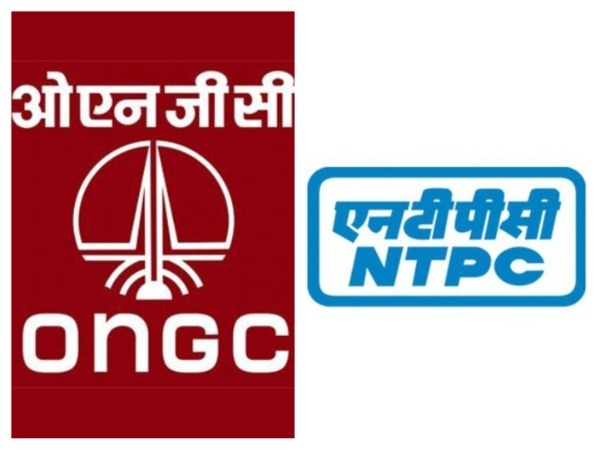
New Delhi: Maharatna companies NTPC and ONGC have collaborated to form a joint venture company through their green energy subsidiaries NTPC Green Energy Ltd and ONGC Green Energy Ltd to further promote their interest in renewables and new energy arena, Ministry of Power said in a statement Monday.
After the signing of the joint venture agreement on February 7, 2024, during India Energy Week 2024, and obtaining the required statutory approvals from DIPAM and NITI Aayog, NGEL has submitted an application to the Ministry of Corporate Affairs for the incorporation of a 50:50 joint venture company with OGL.
This joint venture company shall venture into various renewable energy and new energy opportunities including solar, wind (onshore/offshore), energy storage (pump/battery), green molecule (green hydrogen, green ammonia, sustainable aviation fuel (SAF), green methanol), E-mobility, carbon credits, green credits.
The joint venture company will also seek opportunities to acquire renewable energy assets and will also consider participation in upcoming offshore wind tenders in Tamil Nadu and Gujarat.
"The strategic partnership between NGEL and OGL signifies a concerted effort towards advancing sustainable energy initiatives, aligning closely with the nation's ambitious goals for a greener future," said the Ministry of Power in the statement.
"Considering their domain expertise and resources, both entities are poised to contribute significantly to India's renewable energy landscape, driving innovation and fostering environmental stewardship," said the ministry statement.
India meets a sizable portion of its energy needs through fossil fuels, and various renewable energy sources, are seen as an avenue to reduce the dependence on conventional sources of power. Green energy for climate mitigation is not just a focus area for India, but globally it has gained momentum.
At COP26 held in 2021, India committed to an ambitious five-part "Panchamrit" pledge. They included reaching 500 GW of non-fossil electricity capacity, generating half of all energy requirements from renewables, and reducing emissions by 1 billion tonnes by 2030.
India as a whole also aims to reduce the emissions intensity of GDP by 45 per cent. Finally, India commits to net-zero emissions by 2070.